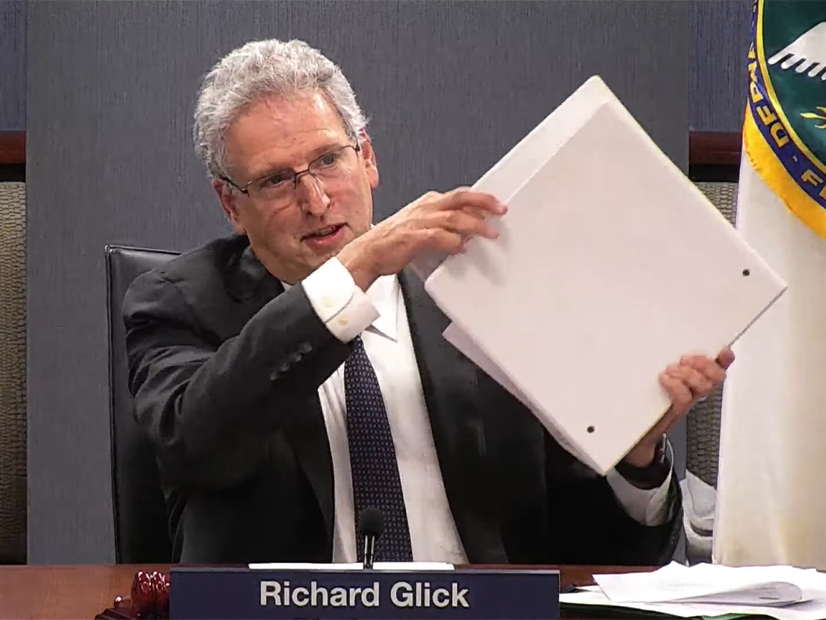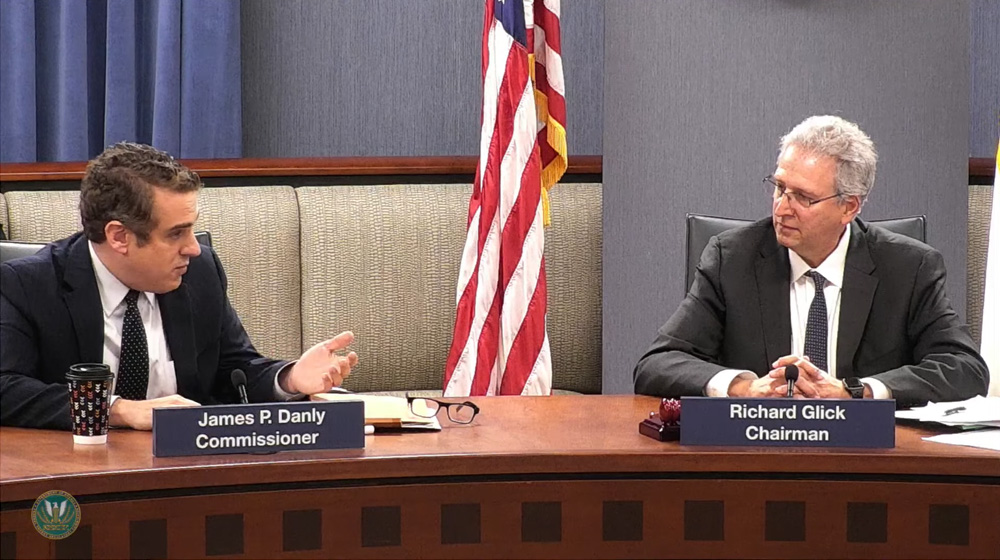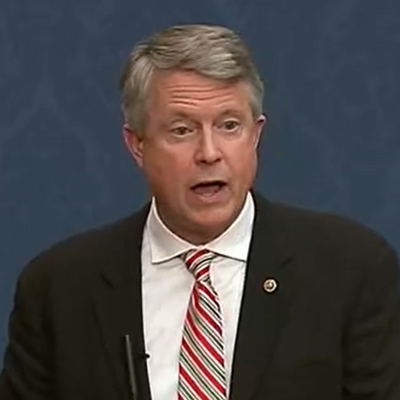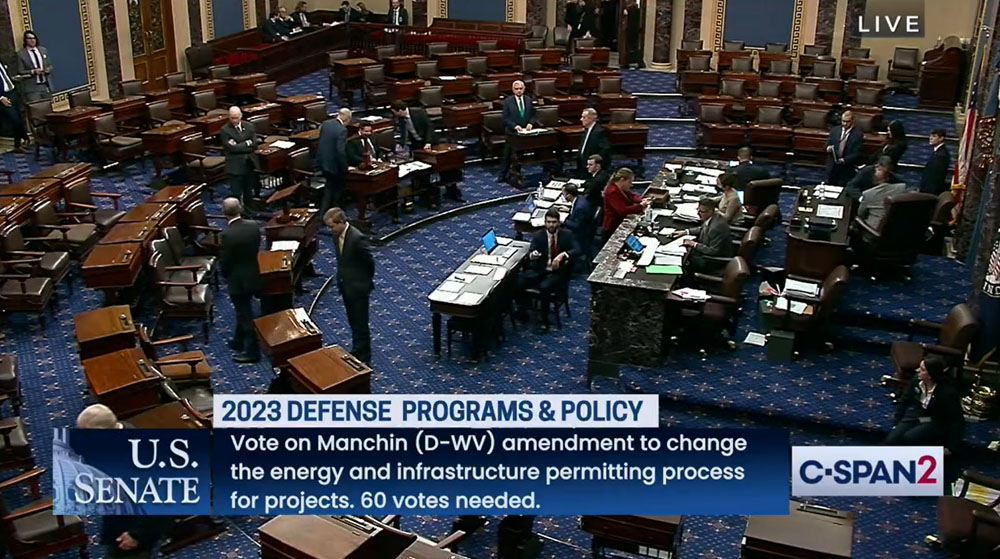FERC last week granted a cryptocurrency mining company approval to buy a 60-MW gas-fired power plant near Buffalo, N.Y., where it has been running some of its operations (EC22-78).
FERC ruled that there was nothing within the parameters of its review that would block the sale. The New York state Public Service Commission reached the same conclusion in September.
Crypto mining has been under fire in New York for the carbon footprint of its huge electrical demand, and the state recently placed a two-year moratorium on permits for carbon-fueled operations. That first-in-the-nation move does not halt existing operations. (See: NY Slaps Moratorium on Certain Crypto Mining Permits)
The crypto operation at the Fortistar North Tonawanda (FNT) plant has been the target of noise and environmental complaints, although it also has supporters, as do other mining operations in the economically stagnant upstate region.
A subsidiary of Digihost Technology (Nasdaq:DGHI) seeks to buy FNT from its parent entities. In regulatory filings, it said there would be no change in the day-to-day operations after the purchase. The same company running it under contract since 2002 would continue to operate it, and it would sell to the wholesale power market whatever electrical output it does not use for on-site crypto operations.
The thermal output of the co-generation plant has, in the past, been shipped to a greenhouse complex via a 2.5-mile steam pipe but that had ceased at the time of application.
The 133 comments on the purchase submitted to the state PSC ranged from support because of economic benefits to opposition because of emissions.
In response to critical comments during the state review, Digihost said it intended to convert the plant to run on renewable natural gas and then hydrogen. It said this would make it entirely powered by zero-emissions sources by the 2025, and thereby compliant with New York state’s increasingly stringent climate protection laws.
In its Sept. 15 ruling, the PSC said environmental concerns were beyond the scope of its limited review. It could only look at whether the transaction would create an opportunity to exercise horizontal or vertical market power, or would create potential to harm ratepayers. It would not, six of the seven the commissioners said, and therefore the PSC would not undertake an expanded review.
FERC authorized the transaction, finding no impact on horizontal or vertical competition, no adverse impact on rates, no impairment of regulation and no cross-subsidization.
An attorney representing Digihost in the regulatory process declined to comment on the matter Friday.
An update issued by the company Dec. 2 indicated it expected the sale to close in the first quarter of 2023.



